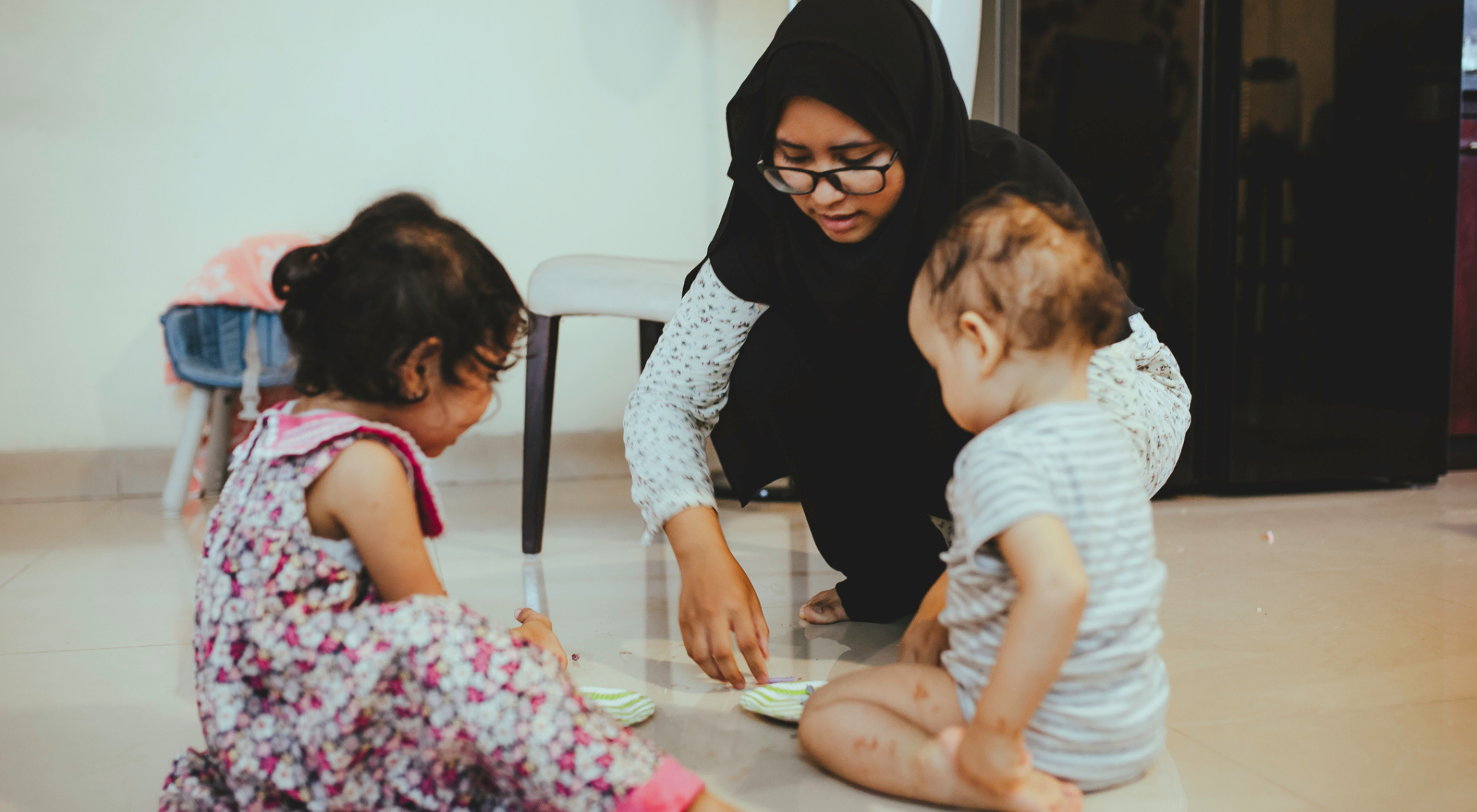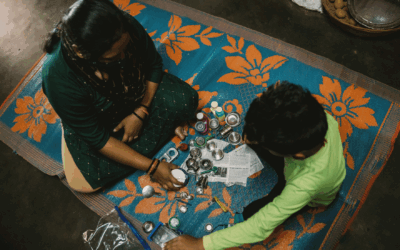Reflections from Seema Naaz, PhD, MJF Practice Development Coordinator
Examples from around the world show us many ways children in need of alternative care can be taken care of by their own communities. In countries where childcare and protection systems are developing, community-based mechanisms can be significant in supporting children in need of care by providing informal alternative care arrangements.
Kinship care is the most common form of community-based alternative care in India as well as across the globe. In fact, kinship care is often the only form of alternative care available in many lower-income countries. (UNICEF, 2006)
In the Indian context, kinship care refers to full-time care of a child by a relative, an extended family member or, in some cases, community members in the absence of their parent(s). It is usually managed without formal legal interventions and has been an integral part of Indian culture. However, formal and structured provisions of kinship care have recently been introduced into the Indian childcare system.
Kinship care as a community care support mechanism has been a strong pillar of Indian society, extending support to vulnerable children and families for many decades. Historically, parents in search of employment opportunities have migrated to other states and left their child(ren) in informal kinship care arrangements. This also occurs if a child loses a parent to disease, disaster, or violence, moves in search of better education opportunities, or when families lack the resources to care for the children.
There are many benefits to kinship care including:
- It permits family relationships to continue.
- It upholds the children within their culture and community
- It evades the anxieties associated with the placement of children with unfamiliar adults and families.
Recently, there has been an increase in the number of children in India who need a home and alternative care. This could be attributed to the changing social fabric and increased vulnerabilities, especially following the Covid-19 pandemic. Additionally, the resources to provide alternative family-based care through informal community support systems are becoming scarce. As a result, the traditional systems that existed for decades where communities and extended families would provide family-based alternative care through kinship care are diminishing.
Therefore, aiming to strengthen the community-based care systems and ensure better outcomes for children in alternative care in India, the Government joined hands with the non-profit sector to preserve and support the traditional practice of kinship care. Several policies and programmes to enable this have been introduced. For example, if the extended family requires financial support for the care of the child, this may be provided through sponsorship of the child as provided for in the Juvenile Justice (Care and Protection of Children) Act, 2015. Or the family may be referred to other schemes and programmes of the Government that strengthen families and community support systems.
A few programmes that aim to support the tradition of Kinship Care include PM Cares Scheme which is a national-level programme in India, Palanhar Scheme is a state-specific scheme of Rajasthan, Parvasrish in Bihar, Bal Sangopan Yojana in Maharashtra, Palak Mata Pita in Gujarat, and Vignana Deepthi in Kerala.
The need of the hour is to have alternative care options and structures in place that are safe, reliable, and sustainable. Kinship care is one such care option that has all these qualities. Hence, before attempting to build new and alternative structures, it is vital to see how existing support systems, such as kinship care, can be strengthened and further empowered.




